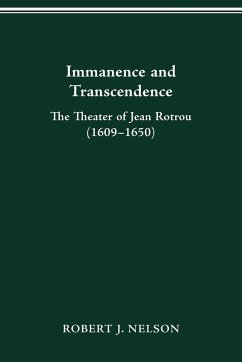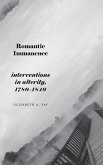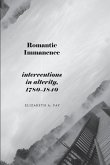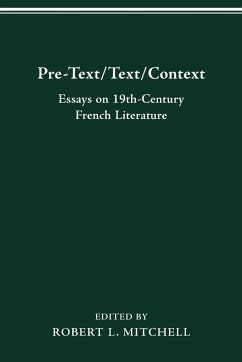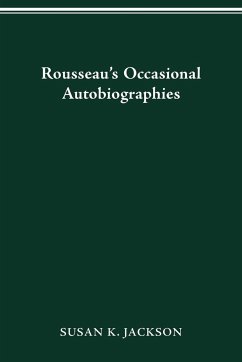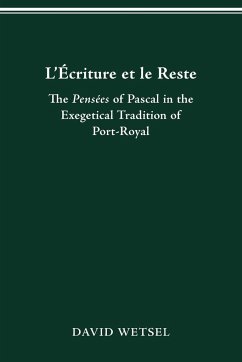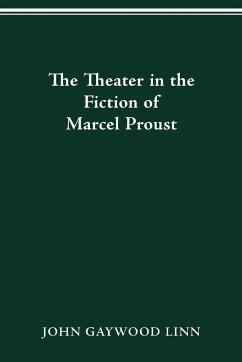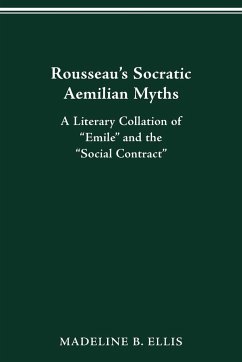Jean Rotrou is France's neglected classic. Generations of critics have recognized his merits but have done so in a tangential manner. He has been called the "mentor of Corneille" and has been celebrated as the precursor of Racine in classical tragedy and of Molière in classical comedy. That Routrou can be linked to all three of France's great classical dramatists has been responsible in part for the respectful neglect of the thirty-five of his plays that have survived from a production assumed to be many times as great. Mr. Nelson turns to Rotrou in the dramatist's own setting: the perfervid philosophical and religious atmosphere of the first half of the seventeenth century, a period presumed by some scholars to have prepared the age of Racine, that dramatist of transcendence, in the specifically religious sense, who sees the things of this world as signs of man's dissociation from the Divine Ground of Being. Yet this current of "Le Dieu Caché" was not dominant in the century; a strong belief in "Le Dieu Visible"-an "immanentist current," so to speak-made itself felt in both formal religious writing and in imaginative literature of the period. Indeed, if Racine was by tendency the dramatist of transcendence, so his great rival, Corneille, might be thought of as the dramatist of immanence. An elaborate expression of both tendencies is to be found in Rotrou, to whose dramatic example both Corneille and Racine turned at various moments of their careers. Profoundly preoccupied with the relation between the human and the divine, Rotrou's theater of sacrament and sacrilege demonstrates the continuity of, as well as the disparity between, Christianity and the classical heritage. Robert J. Nelson is professor of French at the University of Illinois, Urbana.
Hinweis: Dieser Artikel kann nur an eine deutsche Lieferadresse ausgeliefert werden.
Hinweis: Dieser Artikel kann nur an eine deutsche Lieferadresse ausgeliefert werden.

